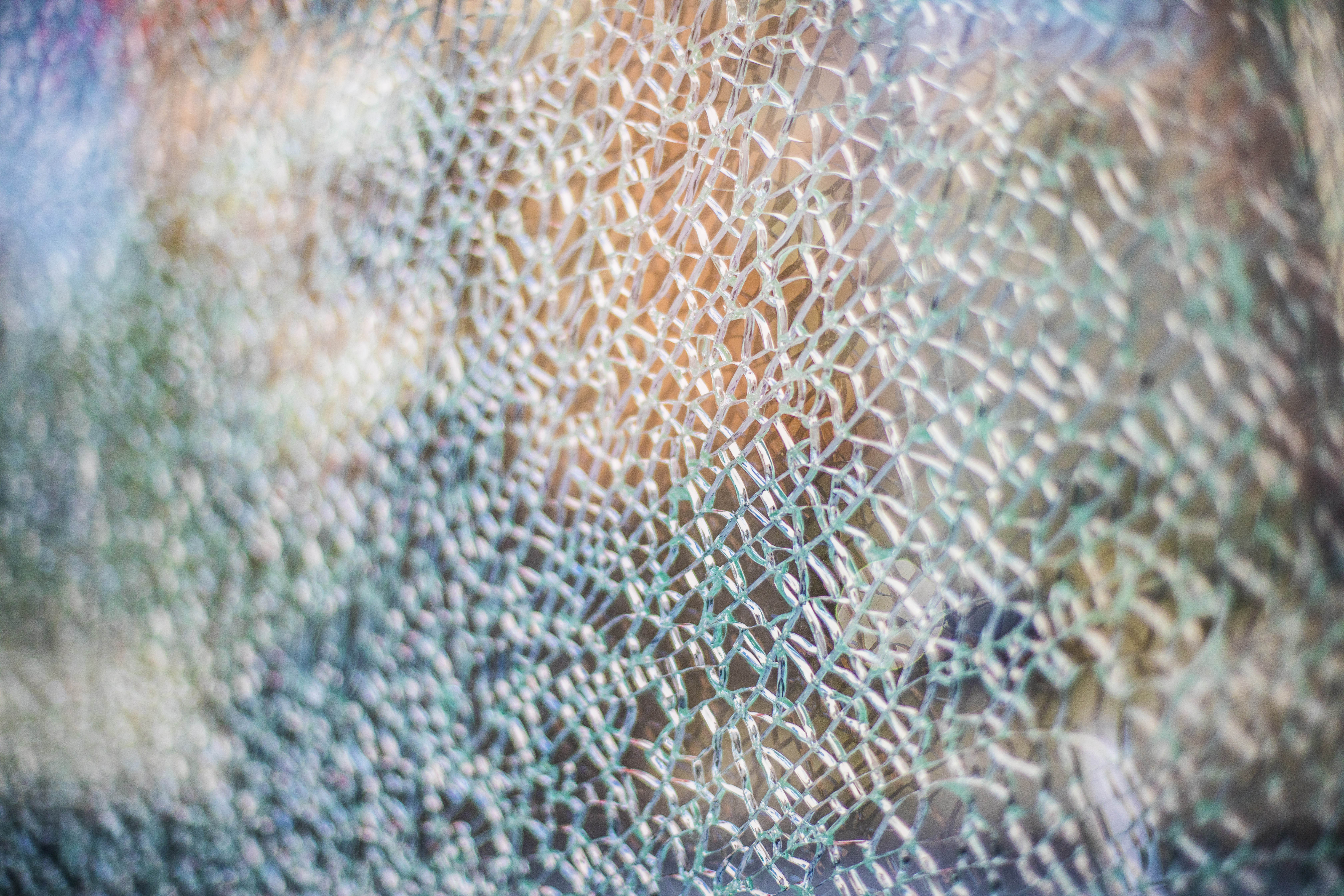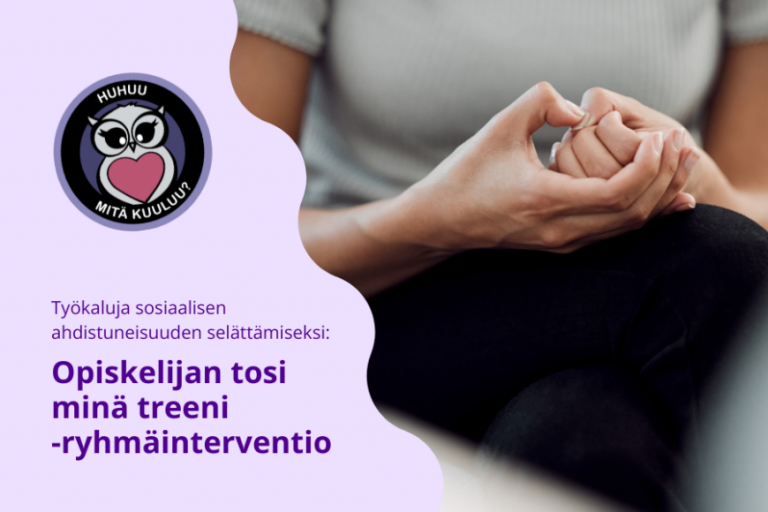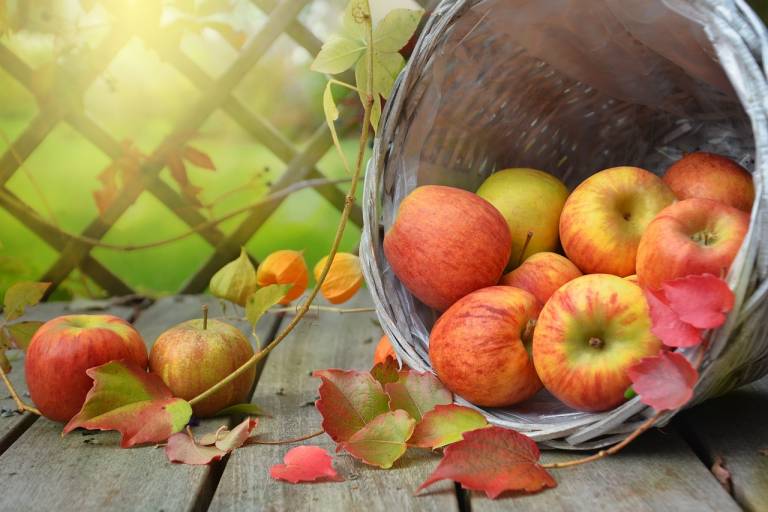You do not have to follow the news all the time everywhere. It is good to stay posted on what is happening and what instructions the authorities are giving. However, it is useful to limit following the news to one or two times a day and to following news from a few reliable sources only. Sometimes you could also take a couple of days off from following the news. When doing so, you could agree with a friend, for example, that he or she contacts you if there is something so significant on the news that you should know about it during your break from the news.
Well-being is not, and cannot be, an accomplishment. Even though these reminders and tips for taking care of your well-being are now plentiful, it does not mean that everyone must start living a new and healthier life right this minute.
Taking care of well-being is important, but if you start doing it by including a morning exercise, a walk in the forest at lunchtime, an afternoon yoga session and a mindfulness exercise at the end of the day, not to mention a healthier diet and more active communication with your loved ones, these accomplishments may give you stress and pressure and expose you to failure.
All the things listed above are good ways to take care of yourself, but you don’t need to do them all. Taking care of your well-being is especially important during such exceptional circumstances, but it can be done in many ways. Find and try out ways that suit you best and include them in your routines.
The most important guideline for taking care of well-being is this: do the things that you like! You can even make a list of things that bring you joy and recreation and which you like to do. They can be bigger and smaller because in different situations we need nice stuff in different sizes. Sometimes there is an opportunity to do a weekend trip, sometimes there is time for a good jog and sauna, and sometimes there is only time for a moment with a cup of favourite tea and a good book.
It’s also good to include different things on your list, because we need different nice things for a comprehensive recovery. Some things may be more active and some more restful and detached from everyday life. As a counterbalance to studying and working our brain, our mind often likes to do something with hands, such as cooking or handicrafts, because then we can see progress, concrete results, and successes rather quickly. Exercise, music and keeping in touch with friends and loved ones are also often a good counterbalance to thinking.
Whatever you like to do, do these nice things every day. You don’t have to give yourself ten promises of well-being, but if you give one, it could be this: I do at least one nice thing every day.
Study psychologists Taija, Sonja, Simo and Eero wish you refreshing moments with nice things.
The study psychologists write letters to students and personnel this spring to help them maintain well-being during teleworking. All the letters are available on the group counselling channel
Ryhmäohjaus.
Please note that the services of the study psychologists and other centralised academic guidance and counselling services will remain available to students as usual during the current exceptional circumstances. Please see the Students’ Guide for more information.
The Study skills for distance learning page and other study skills pages are available on the Student’s Guide.





